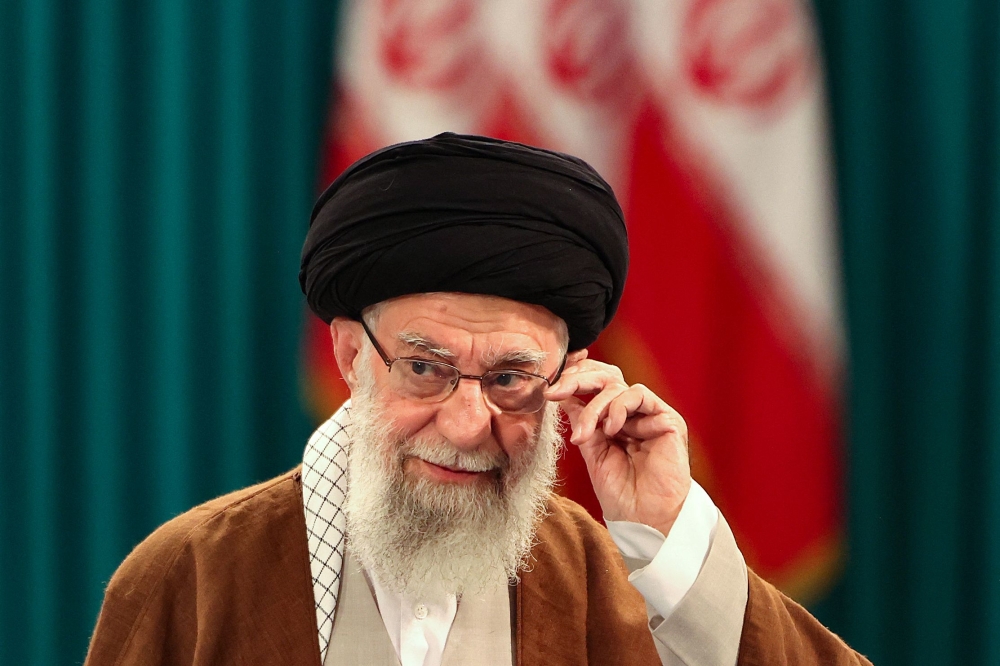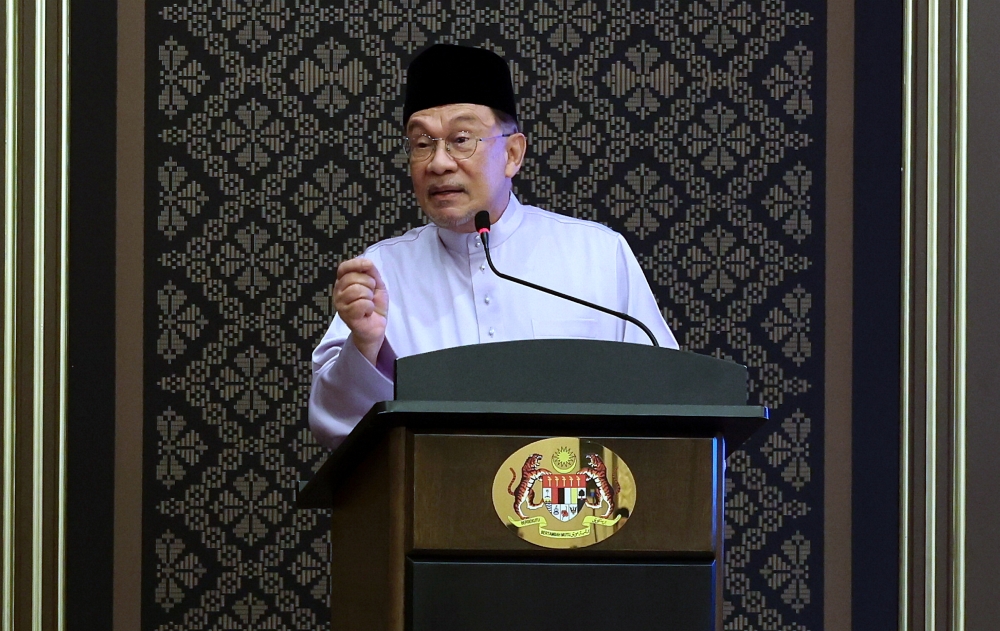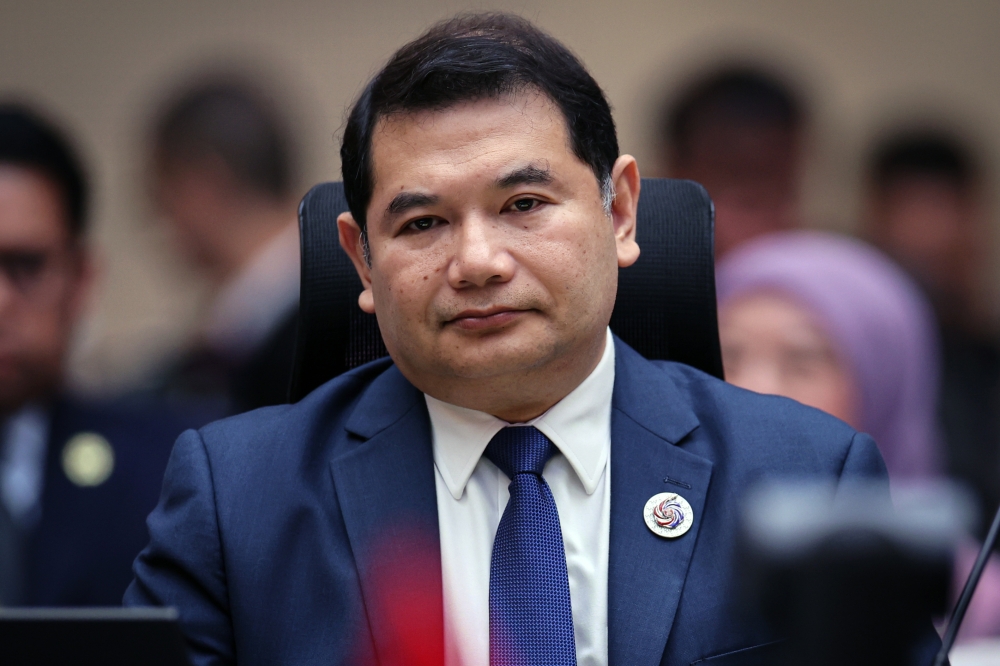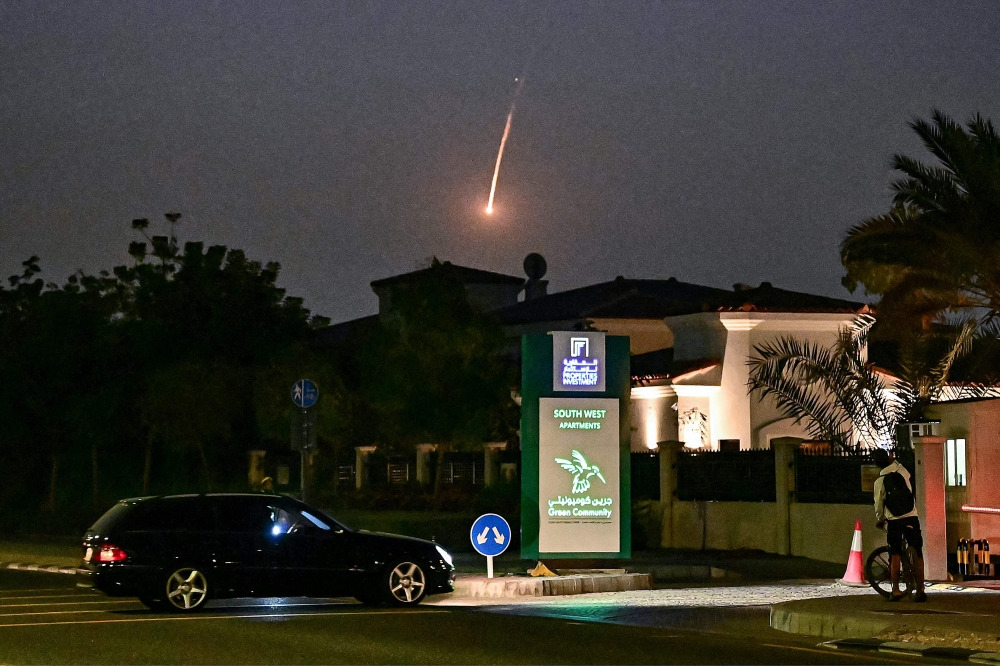KUALA LUMPUR, June 13 — The Ministry of Investment, Trade and Industry’s (Miti) New Industrial Master Plan 2030 (NIMP2030) is being drafted to drive industrial development and advance the nation’s economic complexity.
To be launched in August, NIMP2030’s objective is very much in line with the New Investment Policy (NIP) that has clearly identified five sectors that could help enhance future exports of more complex products, said its minister Datuk Seri Tengku Zafrul Abdul Aziz.
“The sectors are aerospace, chemicals/petrochemicals, digital economy, electrical and electronics (E&E; including medical devices), and pharmaceuticals,” he said, adding that out of the top five exported products, only E&E and chemicals can be considered as products with higher complexity.
“The lower the ranking on the complexity scale, the less manufacturing is required to produce the product. So, if production complexity determines our future growth, how do we ensure our future exports are made up of more products with a higher complexity?,” he said during the unveiling of the Malaysia External Trade Development Corporation’s (MATRADE) Digital Trade Platform (MDTP) here, today
Hence, he said to achieve higher economic complexity, the NIMP2030 Task Force is also looking at making Malaysia a digitally-vibrant nation by accelerating tech adoption, spurring the next generation of tech innovation companies, and developing business opportunities by leveraging new data sources.
This is particularly among small and medium enterprises (SMEs) and medium-sized companies.
In 2022, Malaysia’s top five exports in terms of value are E&E products (RM593.5 billion; 38.3 per cent), petroleum products (RM163 billion; 10.5 per cent), palm oil (RM96.5 billion; 6.2 per cent), chemicals (RM80.6 billion; 5.2 per cent), and liquefied natural gas (RM67.99 billion; 4.4 per cent).
The value of Malaysia’s total trade in 2022 was RM2.85 trillion, with a trade surplus of RM255.48 billion.
“Our total trade surpassed the RM2 trillion mark for the second year running. In March/April this year, Malaysia attracted RM170 billion of potential foreign direct investment from China and identified RM2.44 billion in potential exports to China.
“Recently, we also attracted RM24 billion from Japanese investors and a further RM2.1 billion of potential exports to Japan,” he said. — Bernama



















